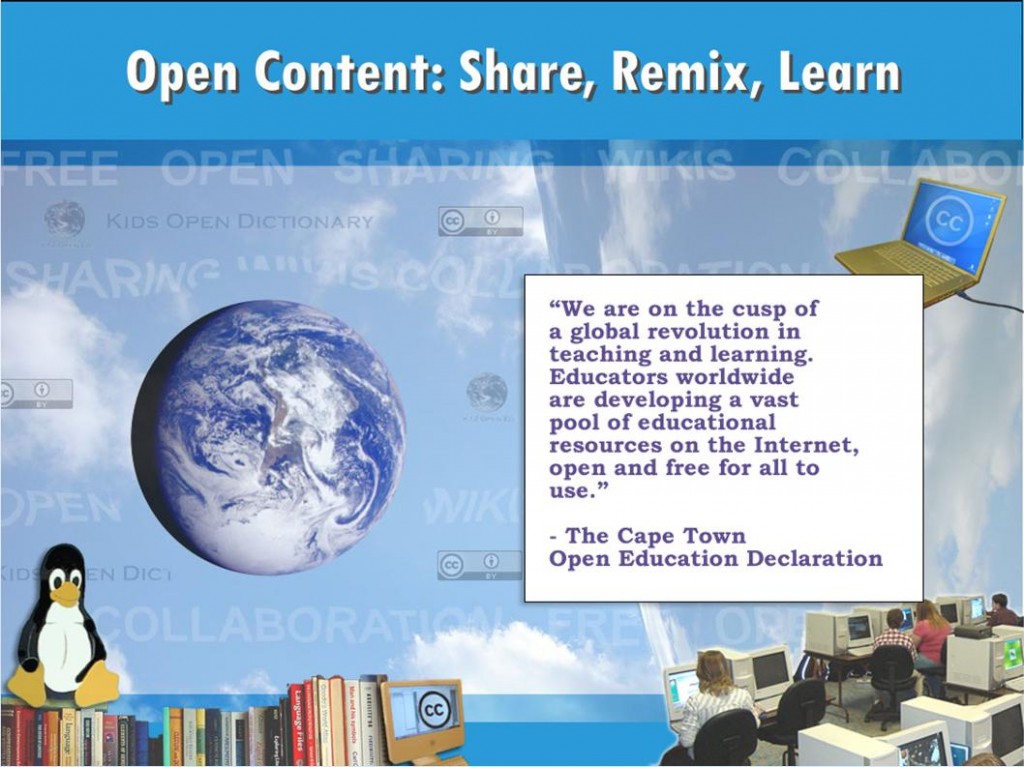It is an interesting time in education. There is near unanimity that the current focus of learning in K-12, with instruction largely being driven by assessments that do not reflect meaningful learning goals, is not productive. We are teaching to ridiculous bubble tests and failing our students in doing so.
Many ed reform movements have come out of this environment, and unfortunately most of them seem rooted in negative sentiments. Blame the teachers. Blame the administration. Blame the parents. The list goes on.
One reform movement that is based on a positive premise is deeper learning.
At its root, I see deeper learning as a reaction against the current emphasis on a volume of factual content taught largely through memorization and rote processes. The current approach results in students who can perhaps recite some facts for a short period of time and might be able to solve problems through practiced algorithms applied to contrived problems, but who do not have a real understanding of the content and cannot readily apply it to real life situations.
Deeper learning seeks to rectify this through a focus on critical thinking, problem solving, collaboration, communication, and self-directed learning.
The question is where content fits into this picture of deeper learning. The Hewlett Foundation includes in their description of deeper learning that students should be prepared to “master core academic content.”
Should core content mastery be a component of deeper learning? I would argue that it should not.
While some content knowledge is certainly an essential component of anyone’s idea of an educated person, the amount of detailed content included in most standards (yes, even the Common Core) is absurd. Is it essential for students to know how to derive the equation of a parabola given a focus and directrix or to know what Lincoln’s Second Inaugural Address says? Maybe or maybe not.
What is essential is that students know how to find, evaluate, and use information effectively. It is also critical that they find joy in learning, have success in their learning, and become self-directed learners. And that should be the focus of deeper learning.
Be clear that I am not arguing that content standards have no place in education – instead I am making the suggestion that mastery of core academic content not be included in the definition of deeper learning.
The reasons for this are many:
- The debate over core content (how much, which, etc.) is not germane to advocating for deeper learning. In fact, it may be in opposition to it.
- Deeper learning at its heart should oppose a content-mastery-focused approach.
- Every child may not find it feasible to master all academic content, but all children can successfully engage in deeper learning.
- Teachers can only do so much in the day. To include everything that can be imagined is not fair. Starting with something that most schools have been unable to achieve to date and then adding other allegedly “more important” things seems like a mixed message.
My suggestion is that content standards (or at least mastery of some unknown sum of content) be left out of the discussion of deeper learning. There are plenty of other folks worrying about that anyway.


